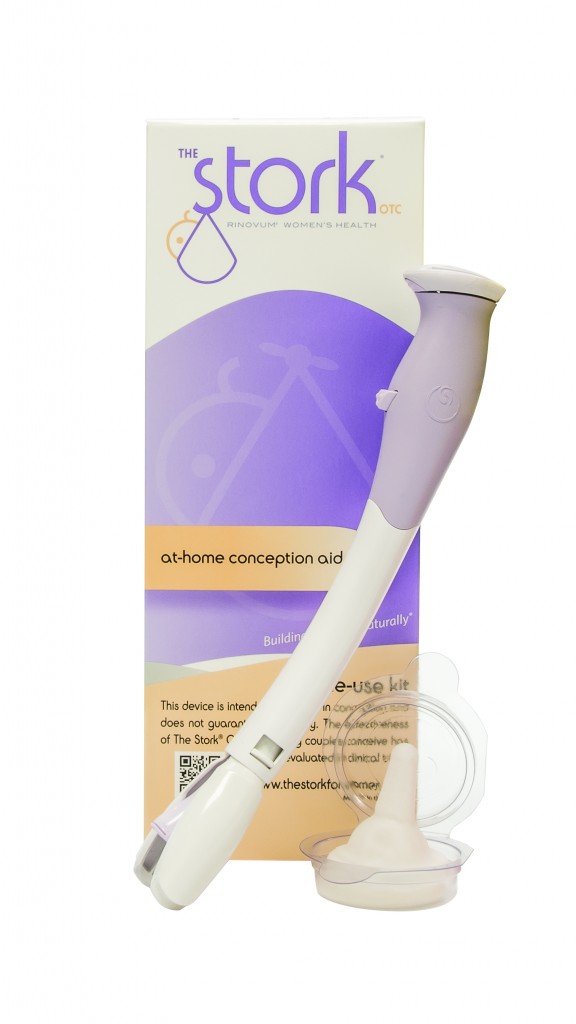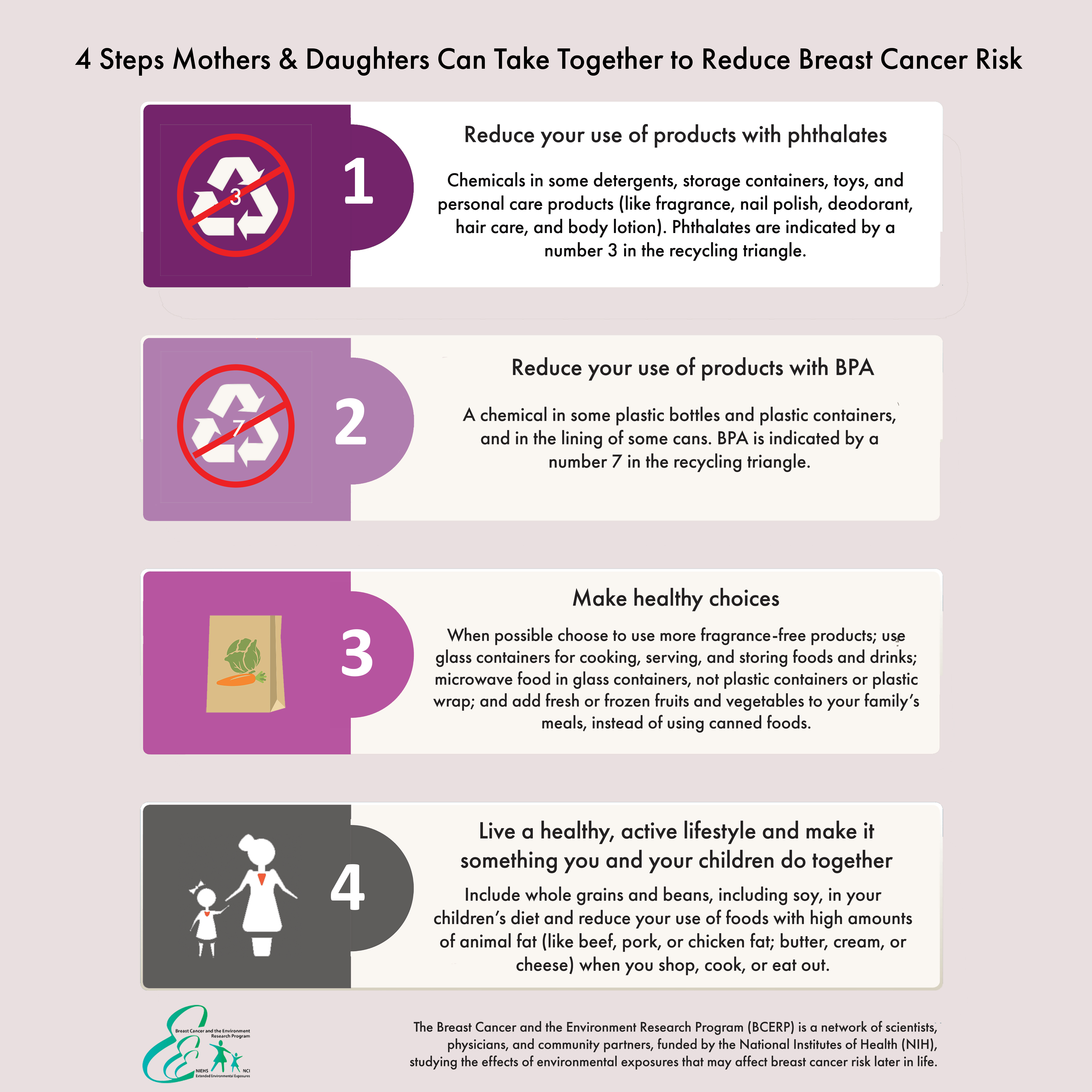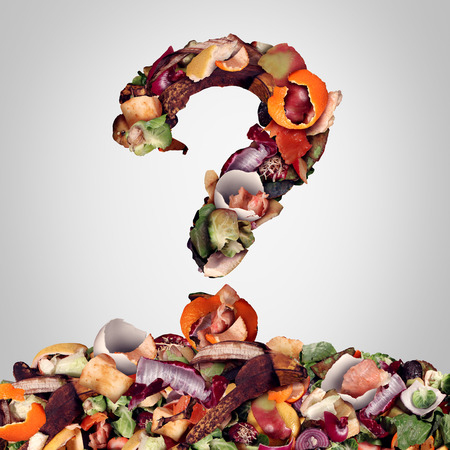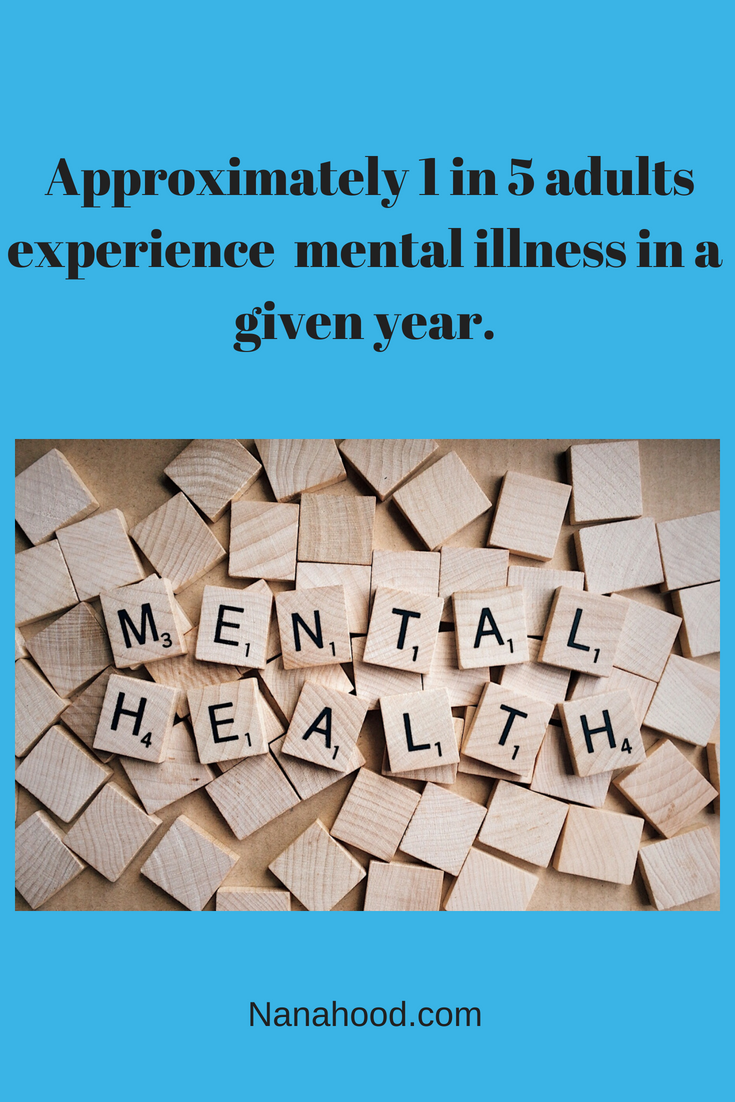Health Myths about Coffee, Eggs and Seeds
Health Myths about Coffee, Eggs and Seeds
Today’s important guest post about your health and food is written by Paula Spencer Scott, Caring.com Senior Editor.
If you have a health condition you’ve probably heard “eat this, don’t eat that.” Some advice about food and health is so deeply ingrained that even doctors believe it to be gospel truth. In reality, a few beliefs about avoiding certain foods are outdated or just not supported by research, says Caring.com senior medical editor Leslie Kernisan, a geriatrician in San Francisco.
“As a result, people often deprive themselves of favorites that would probably do little harm when eaten in moderation as part of a diverse diet,” she says.
Consider these three “foods to avoid” that you might ask your doctor about working back into your diet.
People With A-Fib Can Drink Coffee
The Health Myth: Because caffeine is widely thought to cause palpitations and high blood pressure, people with A-fib are often told to avoid it. Coffee and black tea are especially high in caffeine.
The new reality: Habitual coffee drinkers might be able to safely sip their usual amounts of joe. Research doesn’t seem to bear out the ban, and so far there is no evidence that caffeine can provoke heart arrhythmias. So expert opinion is shifting to a belief that patients with a-fib need not limit caffeine intake, Kernisan says.
Exception: Heart patients who weren’t previously caffeine drinkers aren’t advised to start. And even java junkies should check their pulse after drinking coffee, if they have a-fib.
Nutrition bonus: Coffee contains antioxidant compounds that may help protect against the cell damage that leads to cancer. Other surprising benefits to coffee may include protection against type 2 diabetes and dementia.
Seeds and Nuts Don’t Harm Colon Health
The Health Myth: The conventional wisdom for those with diverticular disease — a common condition in which can lead to bleeding or inflammation in the colon — is that sufferers should avoid whole pieces of fiber, such as seeds, corn, and nuts. Because they’re indigestible, the theory went, fragments could be lodged within a diverticula (a balloon-like pouch in the colon) and cause an episode of diverticulitis.
The new reality: This advice seems a clear case of old-wives-tale, rather than medical fact. Several large reviews have found no proof that eating seeds and nuts leads to episodes of diverticulitis. In fact, some gastrointestinal experts say they’ve never seen a single such episode in their careers. In 2009, the Health Professionals Follow-Up Study, which followed more than 47,000 men, found that those who ate the most seeds, nuts, and popcorn actually had fewest episodes.
Nutrition bonus: People with diverticular disease should eat a high-fiber diet. Nuts, popcorn, and whole grains are a great source of fiber. A low-fiber diet is thought to be a cause of diverticular disease. One third of Americans over 60 have diverticular disease.
Eggs Don’t Raise Heart Disease Risk
The Health Myth: High in dietary cholesterol, eggs were long said to put you at risk for heart disease by raising blood cholesterol levels, people with markers for heart disease, like high cholesterol, are sometimes told to steer clear.
The new reality: Yes, eggs are relatively high in dietary cholesterol. But research shows even someone watching his or her heart health can safely eat an egg a day without raising the risk of cardiovascular disease. That’s partly because eggs are also a great source of high-quality protein and low in saturated fat — if you eat them boiled, scrambled with only low-fat milk, or cooked with a healthy oil. Avoid eating them with butter and a side of bacon. Dietary intake of saturated fat (in red meat and dairy) is now thought much more likely to increase risk than dietary intake of cholesterol.
Exception: Older adults with diabetes should follow doctors’ recommendations on diet. While eggs can still be part of a diabetic’s overall diet, frequent egg consumption has been shown to increase heart disease risk in older people with diabetes.
Nutrition bonus: Today’s eggs are lower in dietary cholesterol and have more vitamin D than the eggs of a decade earlier, according to a 2011 study by the U.S. Department of Agriculture. A large egg today has 185 mg of cholesterol and 41 International Units (IU) of vitamin D, compared with 215 mg cholesterol and 25 IU vitamin D previously. The reason is unclear, possibly related to the way hens are bred or fed.
About the Author
Paula Spencer Scott is senior editor at Caring.com, the leading online destination for caregivers seeking information and support as they care for aging parents, spouses, and other loved ones. Paula is a 2011 MetLife Foundation Journalists in Aging fellow and writes extensively about health and caregiving. For more ideas about how foods can boost your health, see:
After reading this I’m going to have another cup of coffee….Care to join me?









Wow, that’s great news, because I love all three. In fact, I had them all today!
I have a weakness for tea – black, green, white, it doesn’t matter! Sad to hear that black tea is so high in caffeine but I figured as much… With five kids though I can use all the caffeine I can get! My sister-in-law and I just launched our blog today – http://www.sophandlulu.com – We’d love to have you stop over for a visit!
Blessings,
‘J’
What time is breakfast tomorrow? lol, yum!
What, we have something else in common! I have rounds of diverticulitis too. Thanks for visiting NanaHood!
Me too, Becky! Come over and share a cup!
Great post! So glad to hear about the coffee 🙂
Thanks for a very informative post. I have bouts of ‘diverticulitis and love nuts, Now I can eat them without guilt!
good to hear the input on eggs. I just had two this a.m. Always cooked without oil. A pinch of garlic powder…um! Sorry, my friend, I don’t drink coffee. Caffienated tea yes.